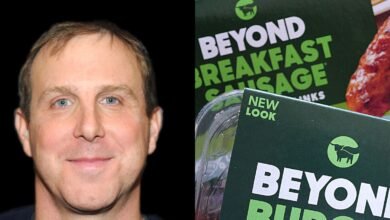Tryptophan Isn’t What Puts You Under on Thanksgiving. It’s the Carbs

Every year, I promise myself I’m not going to eat myself into a food coma: I’ll eat responsibly, front-load my belly with salad, and go light on the turkey and gravy. Instead, I wake up three hours after Thanksgiving dinner, sprawled out like Robinson Crusoe on the living room floor under a pile of my nephews’ toys. My shirt is covered in light brown stains, and greasy handprints smear my jeans.
What is it about Thanksgiving that sends me—and millions of other Americans—into digestive oblivion? Are we all blissed out on turkey, or is there another reason Thanksgiving is the holiday for sloth?
You’ve probably heard that turkey meat is dripping with a sleep-inducing chemical called tryptophan. And while it’s true the stuff plays a part in sending your brain into slumber, saying it does so single-handedly is like saying Neil Armstrong jumped to the moon all by himself.
For one thing, turkey isn’t particularly laden with tryptophan. Ounce for ounce, a roast chicken, grilled steak, or rack of pork spareribs all have comparable amounts. Freeze-dried tofu has about double the amount of tryptophan as turkey, and I doubt you’ll hear your cousin from southern California complain about how sleepy he is after gorging on faux-meat.
Carbs are the real culprits behind the Thanksgiving sleepies. Cast your heavy-lidded gaze over to the side dishes. Mashed potatoes, cranberry sauce, and pie are carb-rich and load your bloodstream with glucose, a sugar. In order to regulate the amount of glucose that makes its way into your muscles, your body releases insulin, which commandeers a bunch of amino acids to help with the job. Tryptophan is also an amino acid, but not useful for glucose regulation. Instead, it’s mostly used by the body to make mood-regulation hormones.
Normally, tryptophan has limited access to your brain, as it’s blocked by other amino acids. However, when they get called away to help regulate glucose, tryptophan is in the clear. In the brain, it gets converted into serotonin, and then melatonin—known to cause drowsiness.
Turkey isn’t special. Any food with a modest amount of tryptophan followed by about 30 grams of carbs (a medium plate of spaghetti) will distract the rest of your amino acids long enough to induce that foggy-brain feeling. But the tryptophan/carb combo is only part of the reason for your torpor. What’s more to blame is the fact that you eat. So. Damn. Much.
Source link



